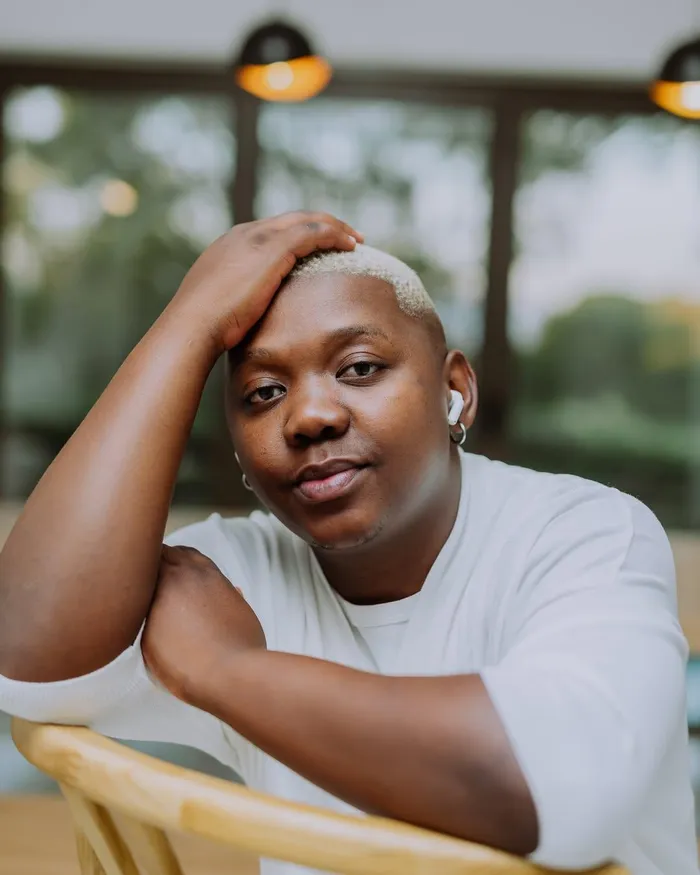WATCH: Amapiano star Aymos schools artists on how to write meaningful songs

Aymos has taken to TikTok to address a growing concern in the music industry, urging artists to pay closer attention to the structure of their songs and emphasising the importance of crafting well-organised, cohesive music that resonates with listeners.
Image: Instagram/Aymos
Aymos, born Babili Shili, used TikTok to urge artists to focus on song structure in the industry.
In a short video, the singer and songwriter said many songs are released with weak or incomplete lyrics.
“I know a lot of songs get away with poor lyrics,” he said. “Guys, it’s prefix, body and suffix. You introduce your story, explain and close. Ay, things we hear.”
Fans and followers responded positively. DJ Zinhle commented, “Educate us 🔥.”
Ibrahim Agatere wrote, “I feel like you should continue with this type of content. I am taking notes, boss.”
Macc said, “Things we hear, but thank you for good music.” Laughing, Sgero added, “This is South Africa - music is fun, quality is not counted anymore.”
By emphasising storytelling, Aymos is calling for a return to songwriting, where songs not only entertain but also convey meaning and coherence.
Based in Johannesburg, the 30-year-old musician has spent years working in music. He began as a high school choir singer, later sang as a session vocalist for local house DJs while releasing his own music, though initially with little recognition.
He considered leaving the industry, but his career trajectory changed when Mas Musiq discovered his vocals for “Zaka” on YouTube and reached out.
At first, Aymos had little interest in Amapiano or remixing his song, but after deciding to give it a try, he found success.
Aymos rose to fame with the 2020 hit single “Emcimbini”. That year, he released a collaborative EP with Mas Musiq titled “Shonamalanga”, which received critical recognition and was nominated for two awards at the 27th South African Music Awards (Samas).
Since then, Aymos has become one of the leading young artists in Mzansi. He has been featured on charting songs such as “Isghubu”, “Izenzo”, “Fatela” and, more recently, “Maspala Bomdantso”.
His work continues to combine smooth vocals with Amapiano rhythms, and he often collaborates with top producers in the genre.
Related Topics: